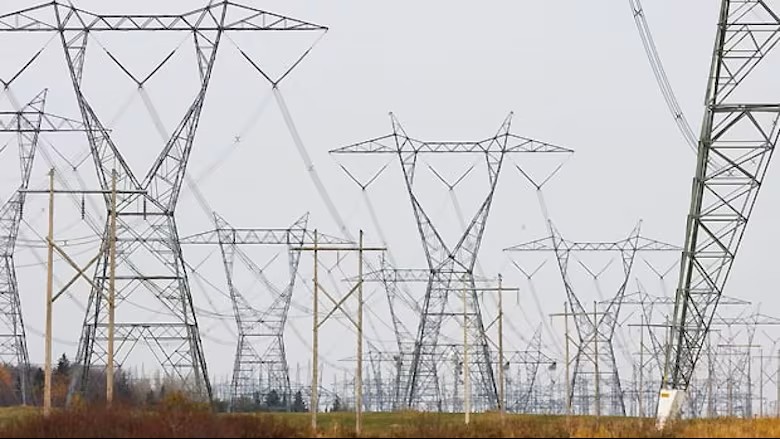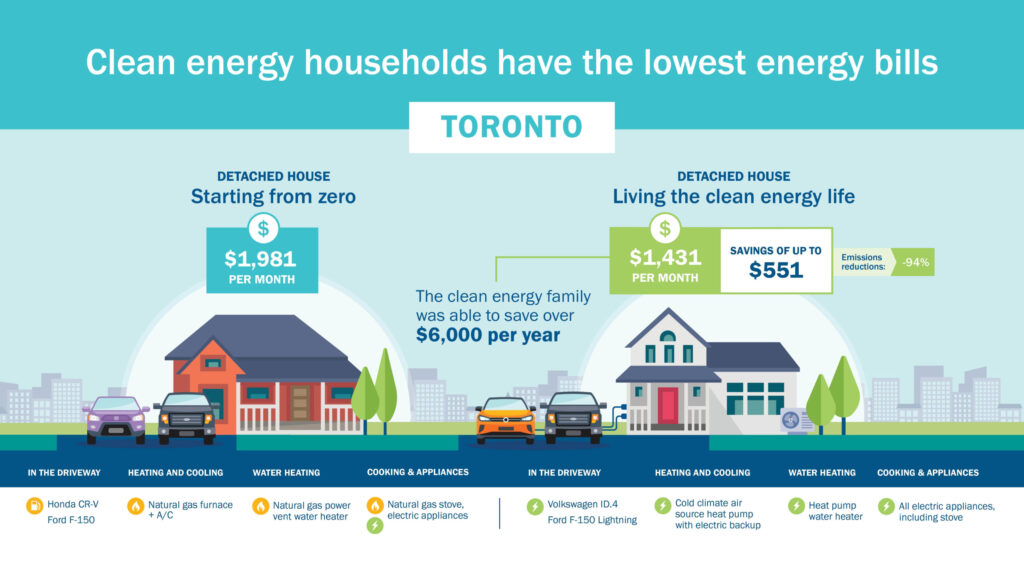
Smoke Forecast, FireSmoke.ca — Wildfire smoke, air quality and your health
Current Fire Danger Rating
What we know about fossil fuel subsidies in Canada

Billions are given to oil and gas corporations each year, including loans, tax breaks and more. Exactly how many billions is a matter of debate
July 30, 2025 – Drew Anderson, The Narwhal
…the estimates from researchers, energy experts and environmental organizations in Canada and beyond are all in the billions — as high as $30 billion and as low as $3 billion, depending on the year. And that’s only adding up subsidies from the federal government. Provinces, particularly Alberta, also dish out cash and savings through any number of programs, grants, incentives, tax breaks and royalty rebates.
‘A Day for the History Books’: World’s Top Court Gives ‘Legal Wings’ to Climate Rights, Says Failure to Act Could Break International Law

July 23, 2025 – Full Story: The Associated Press with files from The Energy Mix
Author: Molly Quell and Mike Corder
The United Nations’ top court in a landmark advisory opinion Wednesday said countries could be in violation of international law if they fail to take measures to protect the planet from climate change, and nations harmed by its effects could be entitled to reparations.
…“Failure of a state to take appropriate action to protect the climate system… may constitute an internationally wrongful act,” court President Yūji Iwasawa said during the hearing. He called the climate crisis “an existential problem of planetary proportions that imperils all forms of life and the very health of our planet.”
Call to build Canada’s east-west electricity grid with renewable energy that upholds Indigenous rights

July 3, 2025 – Climate Action Muskoka has joined more than 100 climate, community, and Indigenous groups across Canada to call on Prime Minister Mark Carney and the federal government to prioritize building out Canada’s east-west electricity grid with renewable energy, while upholding workers’ and Indigenous rights. The groups say the national electrical grid will bring a significant number of new jobs, improved health, affordability and national security benefits to communities and businesses in Canada.
How to protect nature in Muskoka when there are governments promoting ‘environmental stewardship’ while approving ‘shoreline-altering developments’.

By Bet Smith.
Now that Muskoka’s silly season is in full throttle, it can seem that overdevelopment is everywhere. 😱 What to do?! Bet takes us through the important mission of the Muskoka Watershed Council, what Integrated Watershed Management means and how even very busy folks can participate.
Political Action Of The Week – Voice your opposition to the sale of Wasaga Beach Provincial Park beachfront for development
Ontario’s Costly Nuclear Folly
June 2, 2025 – David Robertson – Canadian Dimension
Did you know we Ontarians are still paying for the province’s last foray into building nuclear power? In 2050, Ontario will still be paying the debt of the nuclear program of the 1970s and 80s.
Now the province has pushed nuclear onto the fast track again, planning the largest expansion of the nuclear industry in Canada’s history — all while pushing clean, cost-effective, and safe renewables to the sidelines.
The last time the nuclear industry got its way in Ontario, Ontario Hydro spent over two decades building 20 nuclear reactors. It was a mash-up of missed deadlines, cost overruns and a pattern of declining nuclear performance. Even more troubling, the last generation of nuclear reactors forced Ontario Hydro to the edge of bankruptcy and saddled the province with a mountain of nuclear debt.
This research article by David Robertson for Canadian Dimension is an important, informative and clearly communicated read. It is well worth its 15 minute reading time.
And The Good News Is
Agrivoltaics: This Alberta solar field is becoming a high-tech hobby farm on the side
This summer, a solar field in Alberta will not only be generating about 40 megawatts of electricity each sunny day but also producing eggs, honey, meat and wool.
There are 110,000 solar panels on the 130 hectares of land, in addition to about 400 sheep, 40 pigs and 100 chickens. The bees are arriving soon. — Read story.
Cities Taking Action: Santiago, Chile Is Electrifying City Buses | Corporate Knights
May 27, 2025 – John Lorinc
Santiago, Chile now has 1,800 electric buses, up from just two in 2017. By contrast, the Toronto Transit Commission has just 400 in operation.
Santiago’s transit agency says it will have 4,400 e-buses by next year. That would make it the second-largest e-bus operator in the world, outside China. Find out how they did it. By Jon Lorinc for Corporate Knights.
Read article
U of G Divests From Fossil Fuels

The University of Guelph has completed its divestment from fossil fuel companies in its endowment portfolio, fulfilling a five-year, fossil-free divestment goal that began in April 2020.
Meeting the target date of early 2025, the Board of Governors has divested all of U of G’s endowment assets from companies that hold fossil fuel reserves.
The divestment aligns with the University’s ongoing commitment to long-term carbon reduction targets and to its environmental, social and governance (ESG) guidelines, which are embedded in its investment policies and practices. As a signatory to the United Nations Principles for Responsible Investment, U of G continues to set net-zero targets in line with the institution’s overall strategic plan, the Climate Charter and the Paris Agreement.
More Good News
Read our Biweekly Newsletter -> Here


A household in Toronto that replaces gas-powered vehicles with equivalent electric versions, installs a heat pump, forgoes natural gas appliances and makes a few other energy efficiency upgrades could save $550 per month. That’s $6,600 per year.


